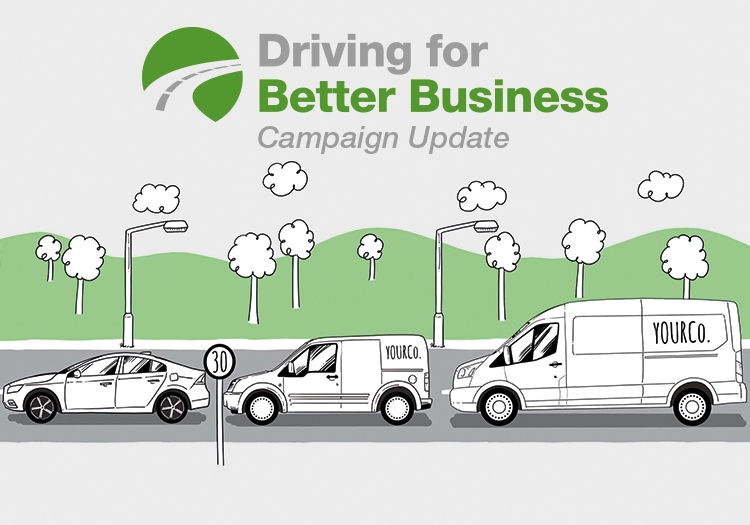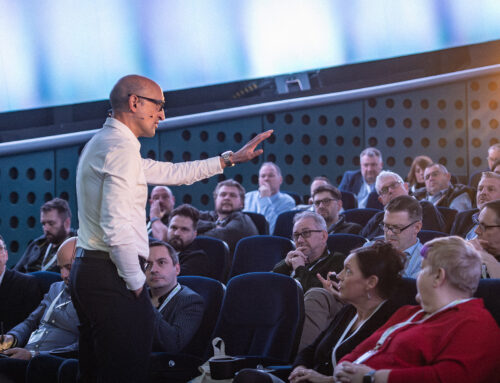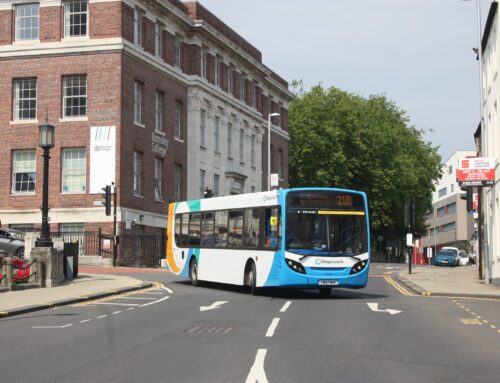It’s that time of year again. Everyone seems to be saying “We need to catch up but I’m away for most of August – let’s speak when I get back”.
With everyone on such apparently long breaks, it seems like there should be ample opportunity to reflect on how you currently manage your vehicles and drivers, possibly with the help of a well-chosen cocktail or two, and whether there might be some opportunity for improvement when you get back in the saddle in September.
I was thinking about this when I ordered my own holiday reading material last week: ‘Will it Make the Boat Go Faster? – Olympic-winning strategies for everyday success’ by gold-medal winning rower Ben Hunt-Davis and ‘Black Box Thinking – Marginal Gains and the Secrets of High Performance’ by Matthew Syed.
I’m looking forward to seeing what lessons they might offer for managing business vehicles and drivers, however, both are obviously about leaving no stone unturned in the pursuit of business excellence. One is about single-minded focus on the chosen goal while the other is about making small improvements to everything you do.
In sport, the process of ‘marginal gains’ is about making tiny improvements in dozens of places which, when taken together, amount to a significant time saving. In business, the result is reduced costs and improved efficiency, which equals improved profits so, with that in mind, here is my top 10 list of areas to think about while you’re relaxing on a sun lounger enjoying your favourite tipple.
- Are there specific issues in your business that need addressing such as vehicle defect reporting, regular speeding tickets, or low speed and parking damage. Improve communication with your drivers using a series of updates.
- Choose vehicles with better safety technology, such as an emergency braking system, fitted as standard – they’re likely to crash less, protect your drivers better, and have a higher value at the end of term.
- Look at telematics – safer driving means the reductions in maintenance costs and improved fuel efficiency can be dramatic. If you already use telematics, then look at how you can better understand the data to help improve the effectiveness of interventions.
- Think about fitting speed limiters to your vans if they don’t already have them, for the same reasons as telematics – reduced maintenance and fuel costs. Unless you course you absolutely need a van that will do 100mph!
- Can your collection/delivery routes be more efficient? Can you shorten routes, or even remove routes altogether? If your business has grown rapidly, your routes may be less efficient than you think and could yield big cost reductions.
- Improve your vehicle checking processes. Studies show 57% of tyres are underinflated by more than 4psi so they wear out quicker and use more fuel in the process. Plus there is an increasing trend for the DVSA and Police stopping vehicles to check for defects and remove unroadworthy vehicles from use.
- Look at daily or short-term car rental as an option to replace your grey fleet. It removes a compliance headache and can dramatically reduce costs. Grey fleet business mileage claims are typically accepted to be inflated by an average of around 25% so rental can be more efficient overall for even short journeys of 30 miles and upwards.
- Improve how you record information about your vehicle and driver activity. Try to record more details and make it easier to access information quickly so you can spot trends that are affecting efficiency and causing unnecessary costs.
- Improve your business reputation by pursuing accreditation for good management practice like that offered by schemes such as Van Excellence or FORS. You could even aim to become a Driving for Better Business Champion!
- Encourage companies in your supply chain to improve how they manage their vehicles and drivers. Looks at the DfBB case study for Hertfordshire Independent Living Services. Their amazing improvements mean their costs have reduced and their drivers feel more valued. They can therefore deliver a higher quality of service to their customers at a lower cost.
Making small improvements in just a few of these areas could all mount up to some sizeable improvements overall.
Wishing you all a great holiday whether at home or abroad. Just remember it might be useful to find a small amount of time to put your thinking caps on, while you’re away from the office bustle.





